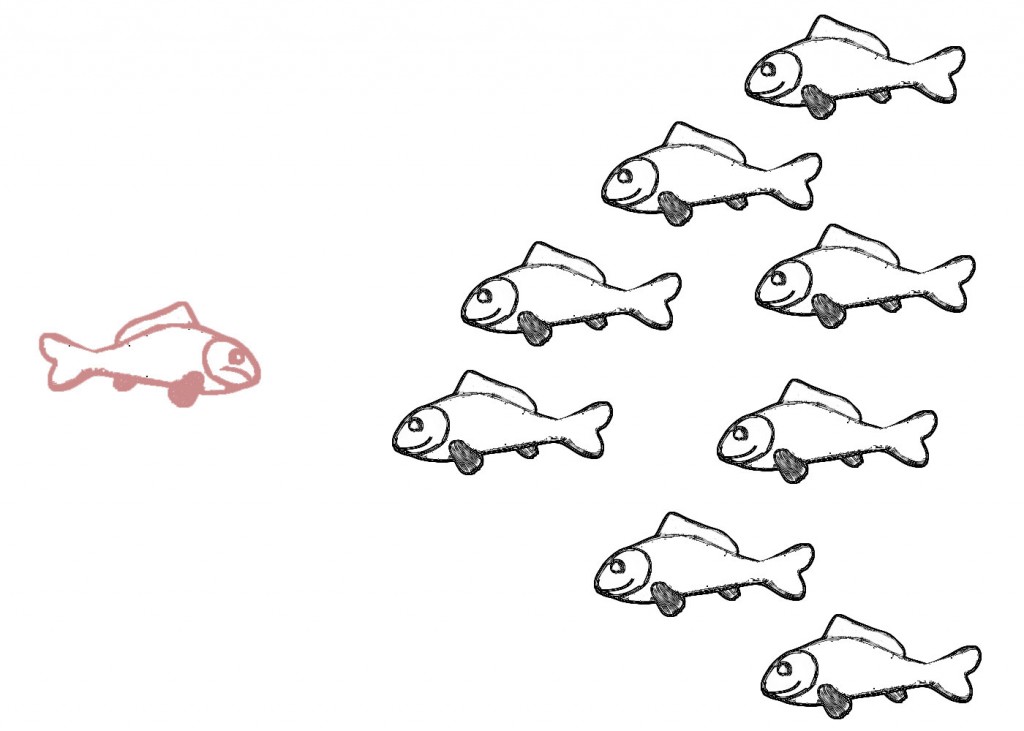An interesting combination of things involving Yun Heung-gil (who, lo and behold, has a Wikipedia entry) and particularly his short story Group Beating. Yun Heung-gil is the author of Rainy Spell and The Man Who Was Left as 9 Pairs of Shoes.
The first thing is the PDF of Group Beating from the indispensable Korea Journal website (It is downloadable here as a scanned document, and only a tolerably readable one). The story is good on several levels. Yun can flat out write, and his cinema-verite/noir introduction to the building in which the story largely takes place is brilliant. Then, his cleverly plotted story, clearly limns how social pressure can conspire to destroy individuality. Yun does this in parallel but intertwined plots. In the first plot the stories’ protagonist loses his dream of ‘leaving’ and in the second a man is driven to suicide. The cleverness of the second plotline is that while society drives the man to suicide it is not by any formal method – the government is only slightly involved and even then merely as a trigger – in fact it is ‘just’ the mere fact of society existing that allows it to bring its inexorable weight to bear. This is a sad story which packs quite a lot of meaning into not so many pages. The translation is only adequate, with at least one howler awaiting the attentive reader.
The second thing here is a short article entitled “Society’s Group Mentality and the Fate of Individuals” from Koreana magazine. This talks a bit about Yun and the story, and is a useful sidebar to the story itself. The article is sometimes a bit simple.
Finally, from the GwangJu (sic) Blog, a review of Rainy Spell by Elton LaClare (LINK GONE). LaClare writes with a bit of tweed in his ink, but the review is a good (and, since LaClare evaluates Rainy Spell the same way I do, I’ll upgrade that “good” to “best.” ^^). LaClare’s final point as to why Rainy Spell works is a key one – the drama of the story comes before the drama of “historical consciousness,” which often threatens to drown other translated Korean works.



